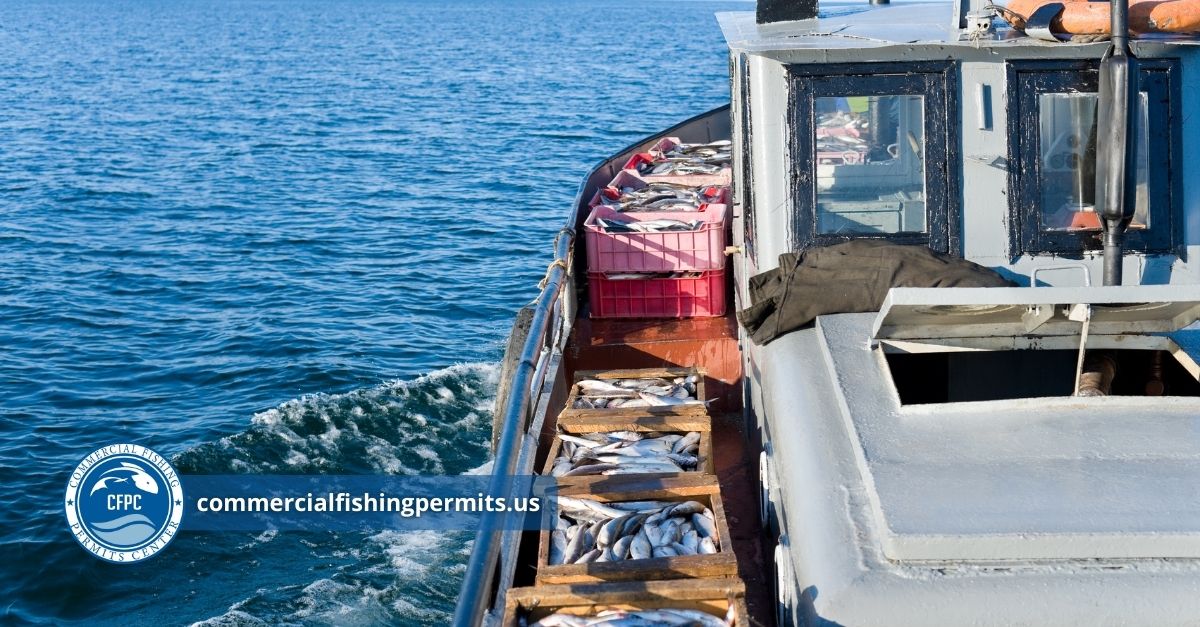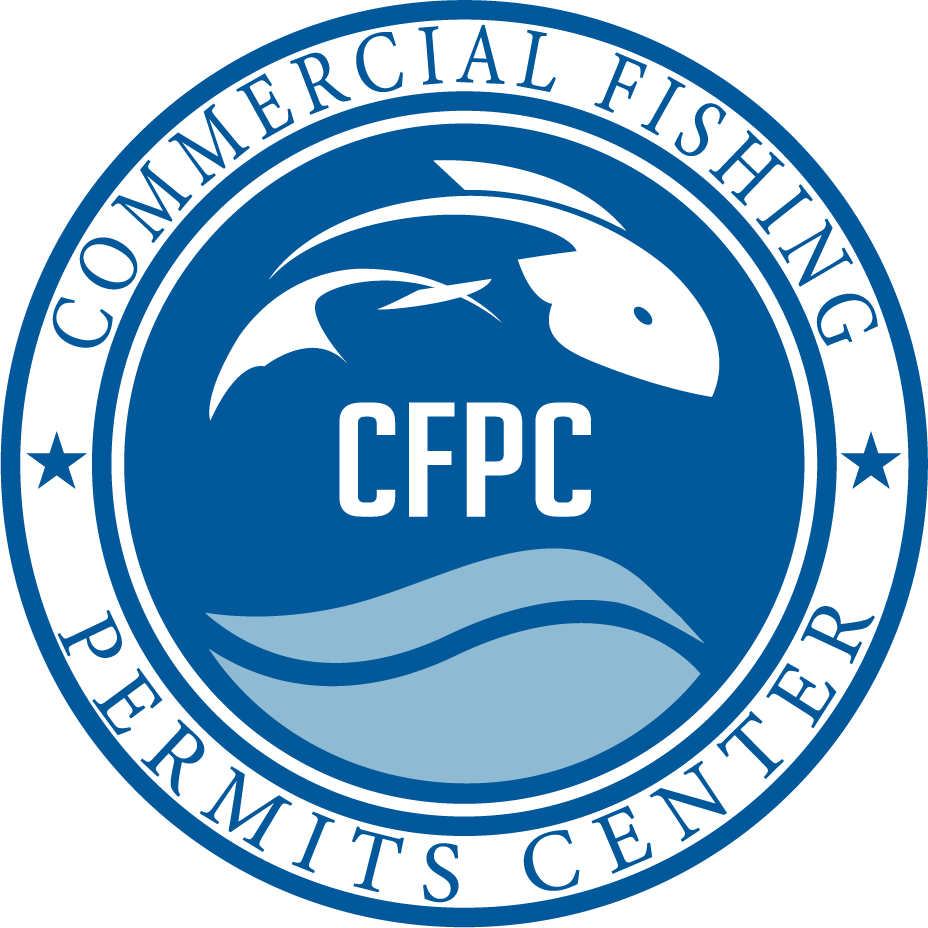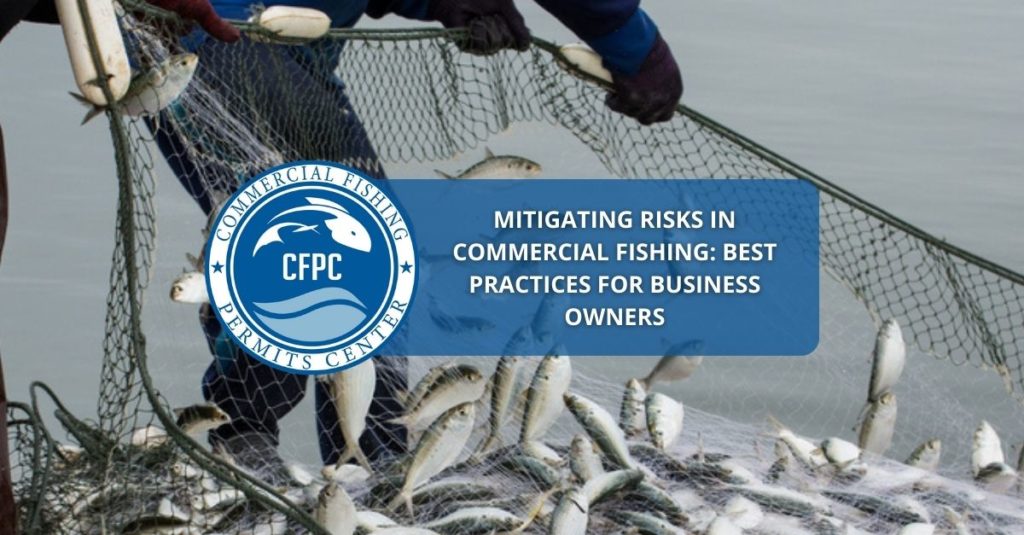Commercial fishing is a risky business. While fishermen go out to sea with the hopes of a bountiful haul, there are a number of factors that can derail these hopes. Weather conditions, equipment failure, and human error can all contribute to accidents and major losses in the fishing industry. But there are steps that fisher business owners can take to mitigate these risks and promote a safer and more profitable operation. In this blog post, we will explore some of the best practices for mitigating risk in commercial fishing.
Prioritize Safety Training
Training is essential for all fishermen, regardless of their experience level. Owners should invest in safety and emergency training for all employees before they embark on any fishing expedition. This includes training on how to use safety equipment, first aid and CPR, and drills for emergency situations. It’s also important to ensure that all employees have the appropriate licenses, certifications, and training for any equipment they will be operating while at sea.
Conduct Regular Equipment Inspections
As the old saying goes, “an ounce of prevention is worth a pound of cure.” Regular equipment inspections can help prevent equipment failure that can lead to dangerous and costly accidents. Owners should create a schedule for inspecting and maintaining their equipment, whether it’s a small fishing boat or a larger trawler. This includes checking for signs of wear and tear, replacing worn parts, and checking oil levels.
Keep Up-to-Date with Weather Reports
Weather conditions can change rapidly and unexpectedly, and this can create dangerous situations for fishermen at sea. Business owners should make a habit of monitoring weather reports regularly, even several times a day, especially when they are planning a fishing trip. They should also create a contingency plan in case of severe weather, such as seeking shelter in a harbor, or tying up at a nearby dock.
Invest in Quality Insurance
Insurance is a necessary expense for any business, including those in the fishing industry. Fishermen are exposed to a number of risks when at sea, including damage to equipment, theft of valuable catches, and accidents that can cause injury or even death. A comprehensive insurance policy can help offset these costs and protect the business if the worst-case scenario does occur. It’s important to shop around and compare policies from different providers to ensure that the business is getting the best coverage at a reasonable cost.
Communicate Effectively
Communication is key to running a successful commercial fishing operation, and it’s especially important when it comes to safety. All workers should have a clear understanding of their roles and responsibilities when it comes to safety and emergency procedures. Clear communication is also important when it comes to coordinating fishing efforts and monitoring weather conditions. Business owners should invest in communication equipment such as radios or satellite phones to ensure that workers can maintain contact even when out of range of cellular signal.

Commercial Fishing Done Right
Mitigating risk in commercial fishing is crucial to success in this industry. The practices outlined above are just a few of the steps that business owners can take to promote safety and reduce the likelihood of accidents and losses. In addition to these best practices, it’s important for businesses to stay up-to-date with changing regulations, industry standards, and new technologies that can help mitigate risk. By making safety a top priority and investing in the necessary training, equipment, and insurance, commercial fishermen can enjoy a more profitable business that is sustainable in the long run. Contact us.


No Comments
Be the first to start a conversation